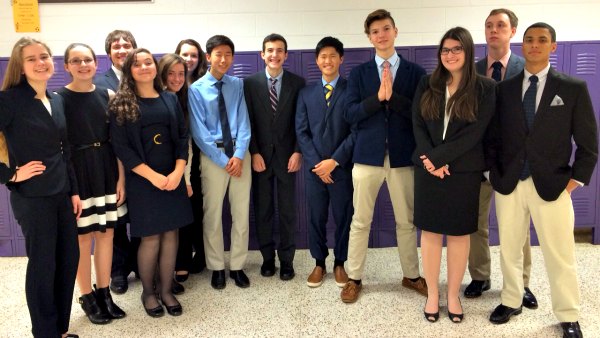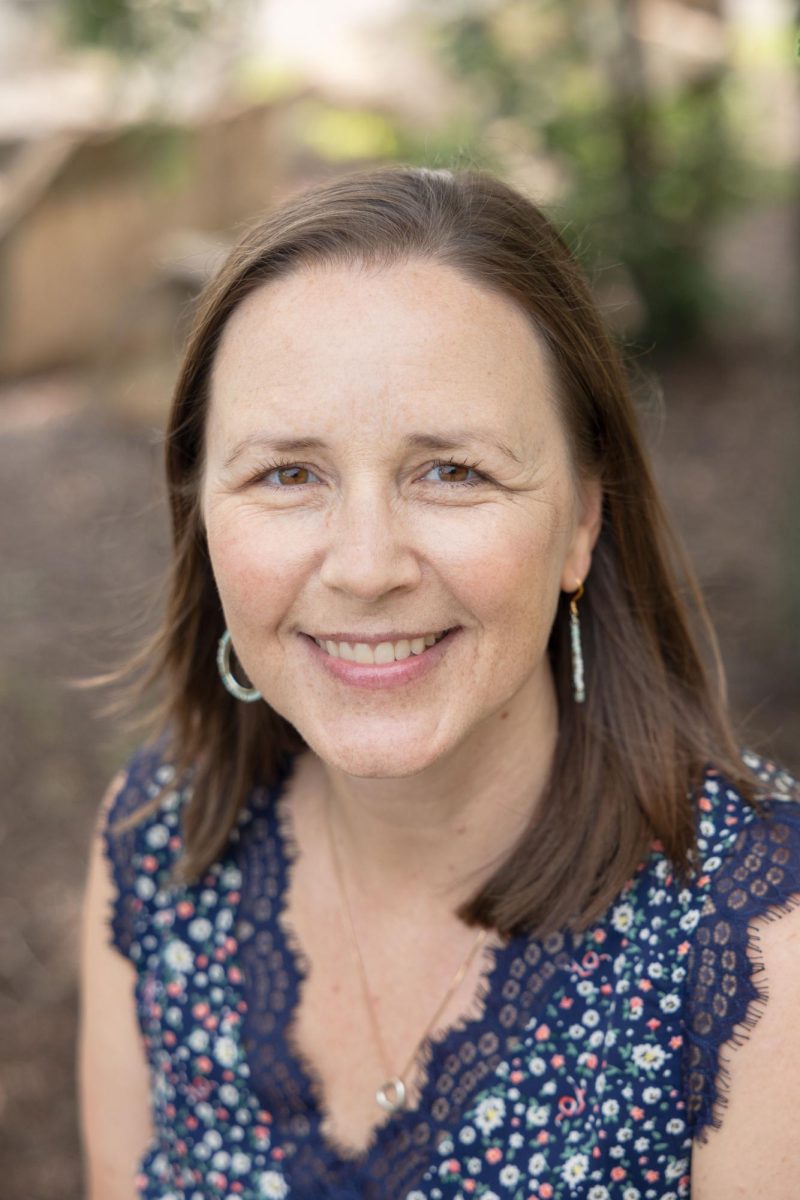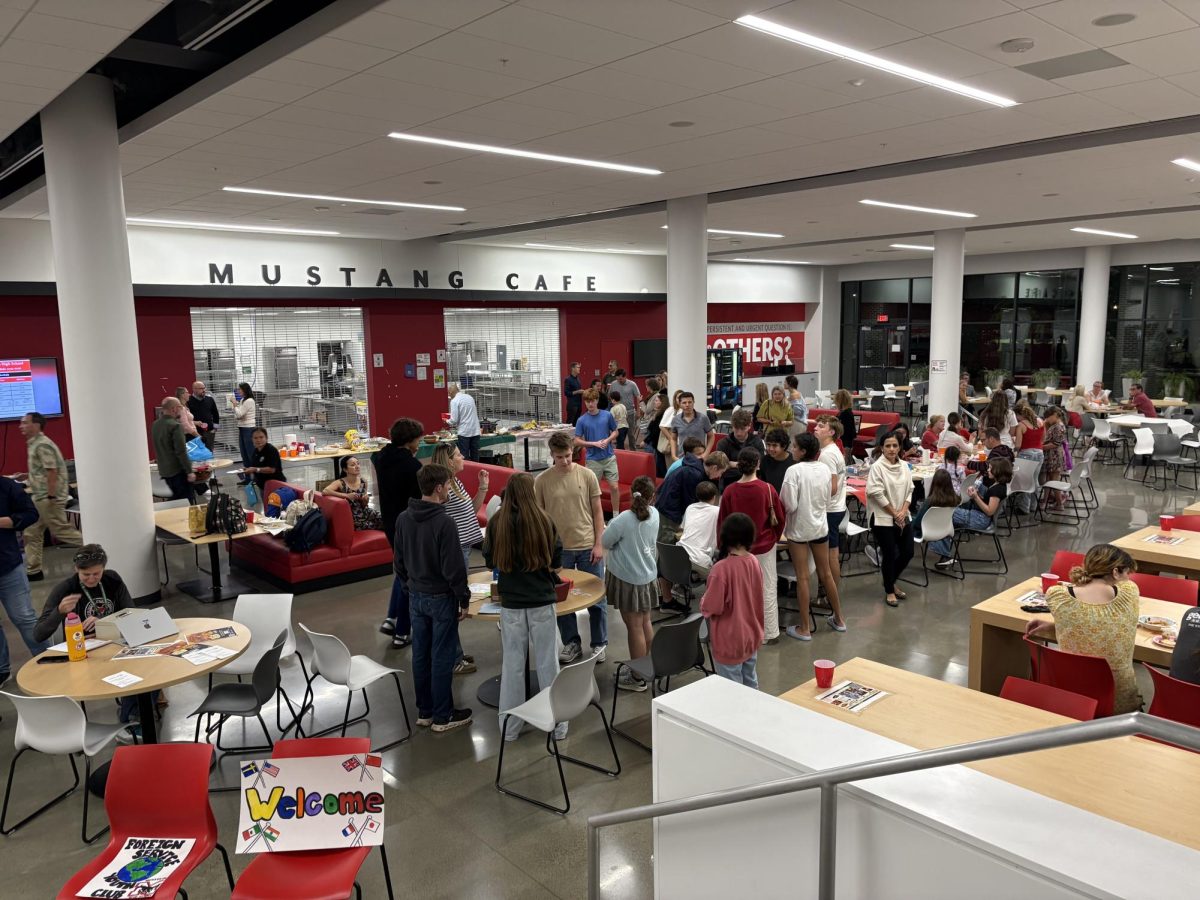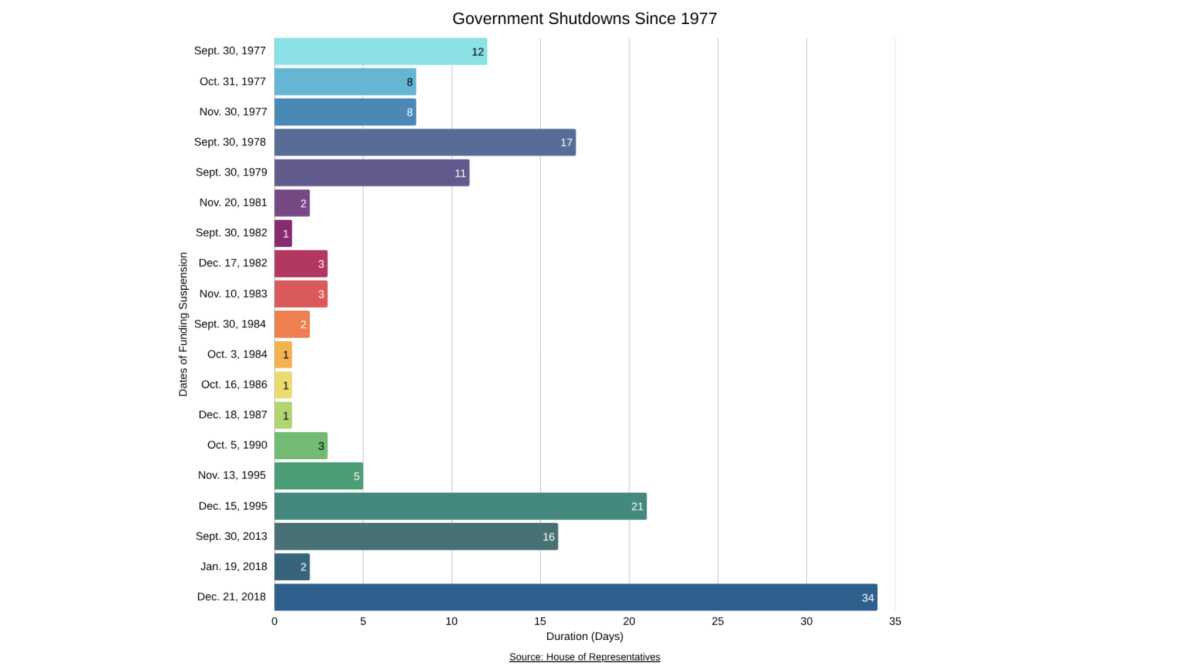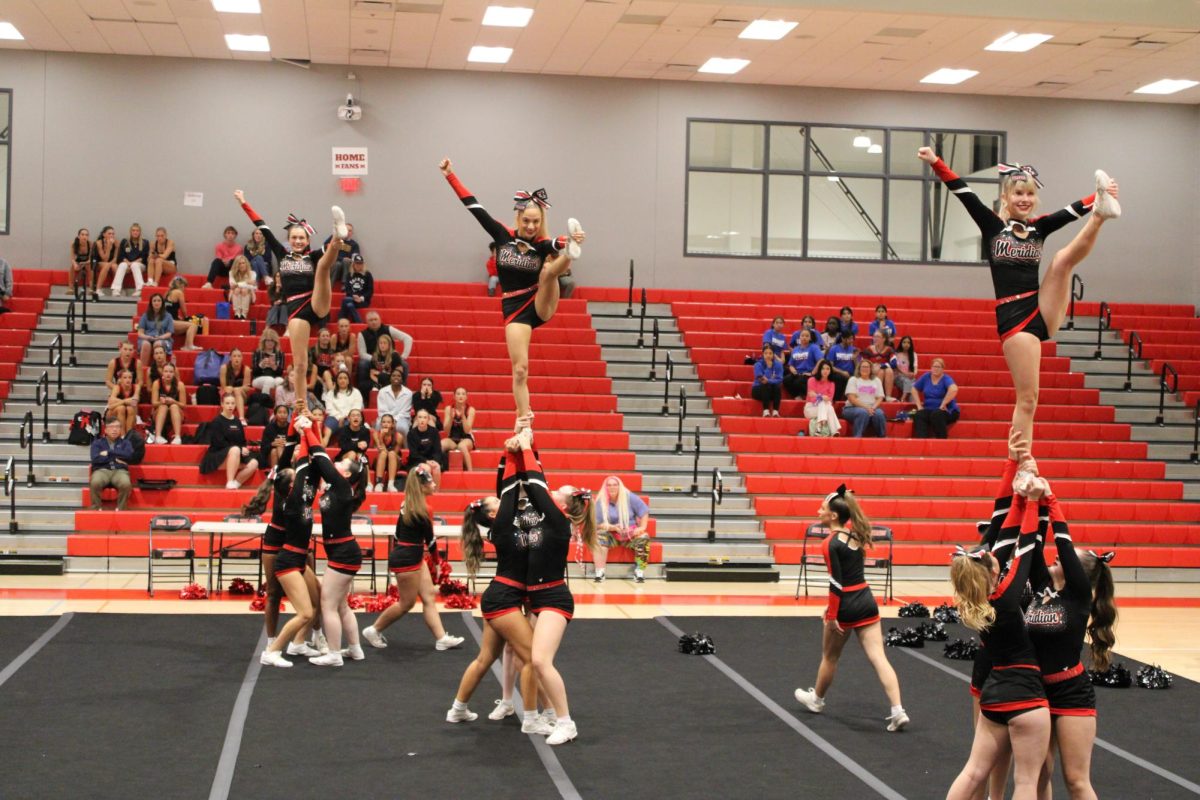Three years ago, a few dedicated freshmen and sophomores started Mason’s debate team. Now, it has over 20 members and is looking at qualifying for the national tournament, the Tournament of Champions.
The George Mason debate team has more than doubled in size since its establishment just a few years ago, growing from under 10 to a full classroom of debaters.
“When I moved to Falls Church my freshman year, I inadvertently found myself creating a debate team with Siana Hinsz and Sam Stern (who graduated last year),” said Kate Smith, who is a co-founder of the debate team and also a co-captain along with Hinsz,a senior, former Mustang Sam Stern (’16), and junior Grace Keenan. “That first year, none of us had any idea what we were doing but all of us were determined to figure it out as we went along.”
“This year, we have a lot of freshmen and sophomores… there’s a full classroom of kids, which is totally different,” said junior Jessie Beddow.
The team has competed in eight tournaments so far this year. At the most recent, seven out of fifteen Mason members won medals.
A new topic for tournaments comes out monthly from the National Speech and Debate Association. Resolutions are posted, and for public forum, each team must take a side – either affirmative or negative – and argue it in the tournament.
There are three sections within the club for debates – Public Forum, Lincoln Douglas, and Speech.
Public forum requires two members that partner up and debate current events using research and facts. The first partner prepares a speech, and the second partner speaks free form, without prepared speeches, for two minutes. Then, each side is questioned on the spot, known as crossfire. Partners prepare for this section using notecards.
Many students are required to learn about their topics and research them for several weeks before debating.
“It’s been able to educate me a lot about different things I would never have researched otherwise,” Beddow said.
Lincoln Douglas focuses more on morals, philosophical topics, and decisions governments have made. Unlike public forum, Lincoln Douglas is not won by competing with other schools.
Within the past year, former coach and MEH teacher Ms. Pamela Wilkie retired and the debate team was in search for another coach. Initially, Mason English teacher Ms. Darcy Hood coached it. After a brief period without her as coach, Sariah Fischer, a student at George Washington University in Washington D.C., was hired and has been an “invaluable resource”, according to Smith.
The debate team now looks forward to carrying out the rest of the season and ending on a successful note at Metrofinals, a regional tournament. The next stop would be qualifying for nationals in Louisville, Kentucky. Member Grace Keenan has already qualified for the national Tournament of Champions due to a first-place finish in early December.
Smith has channeled her passion for debate into creating a non-profit aimed at narrowing the wealth gap in debate. Open Access Debate is a resource for debate teams who have less financial resources or do not have adequate coaching.
“I created Open Access Debate after witnessing teams whose schools couldn’t afford briefs and expensive database subscriptions lose to those who had access to these materials,” Smith said.
Smith, Beddow, and the rest of the team look forward to the rest of the season and future seasons as they continue to build the club.



